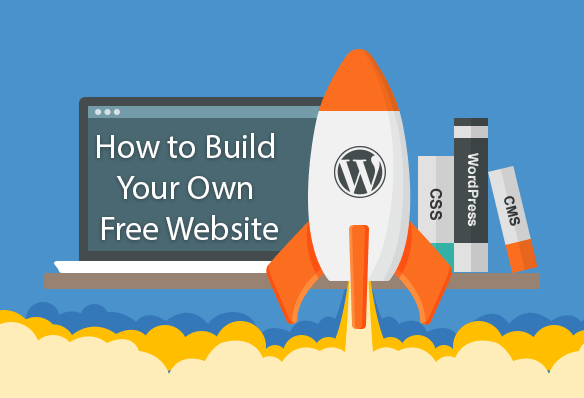Building a website for your small business may seem daunting. While you can hire a developer to take care of your website needs, it can also be tough. Most developers might be taking on several clients simultaneously so they may not give your site maximum focus. Plus, the cost of their services can be quite high. Also, if you prefer to use content management systems like WordPress to create your site, it can take a while to have a site.
Fortunately, website builders provide flexibility when creating a small business site at a reduced cost. Also, they make it easy for you to manage your site and any updates by allowing you to take care of all the aspects of your site from one platform.
For beginners, site builders do not require prior knowledge of coding. Also, they include access to visual drag-and-drop editors and let you build a site in just hours. In fact, they even let you make advanced changes to elements often controlled by developers. These include calls to action buttons or special plugins which offer your website e-commerce capabilities. If you have chosen a builder after doing website builders comparison, you are probably ready to make a website. When creating a site, it’s important to keep in mind some best practices including the following:
Picking a Relevant Domain Name
A domain name is a unique address that users will type in to reach your website. It should indicate the kind of business you do. Choose a domain name that is not too long and consistent with your brand. Pick a name that people can easily remember.

Plan the Site and Its Structure
When planning, think about making a sitemap, which is the layout of your entire website. It helps search engines index the content of your site and understand its structure. Ensure your site is well-organized and has informative content to increase its chances of showing up in search results.
Optimize your Site and Content
You have high-quality content and amazing site design but how will you ensure people are finding your site? The answer is to show up on the top pages of search engine result pages. Google ranks sites based on some criteria such as trust, number of links that point to and come from a site, and authority. That is why search engine optimization is important. This includes brand mentions, social following, and more. Also, the responsiveness of your site design does matter in terms of ranking.






